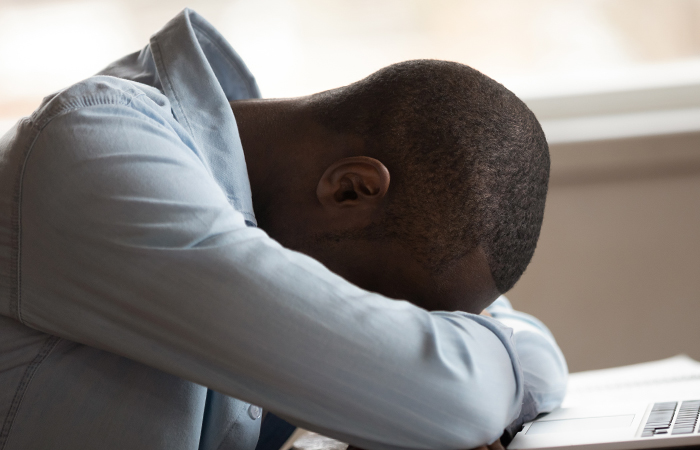
Discover the many different reasons you are not sleeping properly, and what methods you can take to help get a better night's rest right at HSHS Good Shepherd Hospital.
Common Sleep Disorders
Insomnia is characterized by an inability to initiate or maintain sleep. It may also take the form of early morning awakening in which the individual wakes up several hours early and is then unable to fall back to sleep. When a person has difficulty initiating or maintaining sleep, often times the result is excessive daytime sleepiness – some describe it as feeling as if they are in a fog. This condition can lead to functional impairment throughout the day.
Narcolepsy is excessive daytime sleepiness (including what is called irresistible sleepiness) combined with sudden muscle weakness. People with narcolepsy fall asleep uncontrollably –at any time of the day, in all types of situations– regardless of the amount or quality of sleep they’ve had the night before. Narcolepsy is sometimes characterized as "sleep attacks."
RLS is characterized by an unpleasant “creeping” sensation, often feeling like it is originating in the lower legs, but often associated with aches and pains throughout the legs. This often causes difficulty initiating sleep and is relieved by movement of the leg, such as walking or kicking.
Snoring not only disrupts sleep for the spouse lying next to their mate, it may also mean Sleep Apnea. Persons with sleep apnea characteristically make periodic gasping or “snorting” noises, during which their sleep is momentarily interrupted. Those with sleep apnea may also experience excessive daytime sleepiness, as their sleep is commonly interrupted and may not feel restorative. Treatment of sleep apnea is dependent on its cause. If other medical problems are present, such as congestive heart failure or nasal obstruction, sleep apnea may resolve with treatment of these conditions. Gentle air pressure administered during sleep (typically in the form of a nasal continuous positive airway pressure device) may also be effective in the treatment of sleep apnea. As interruption of regular breathing or obstruction of the airway of the individual during sleep can pose serious complications for the health of the individual, symptoms of sleep Apnea should be taken seriously.